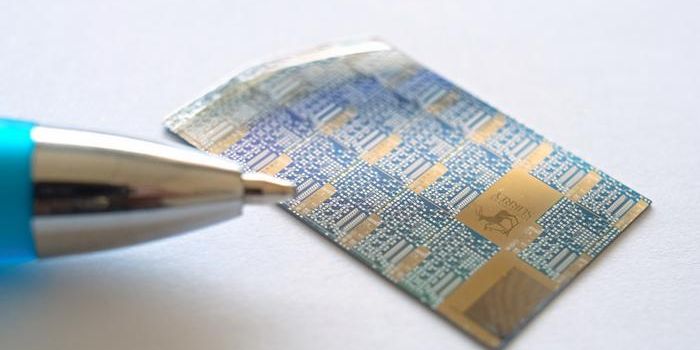Blood Test for Diagnosing Alzheimer's
Alzheimer’s is a debilitating neurological condition that affects about six million American adults, according to the Centers for Disease Control (CDC). Characterized by symptoms like loss of memory and language ability, Alzheimer’s is a progressive disease that gets worse over time.
One of the more complex aspects of Alzheimer’s is detecting it. While people may show outward symptoms as the disease progresses, many people may have risk factors associated with Alzheimer’s that shows no outward signs. Specifically, researchers have identified the presence of amyloid plaques building up in the brain as a key indicator of Alzheimer’s disease. However, detecting Alzheimer’s based on these metrics can be invasive and expensive, often due to the use of imaging scans and collection of cerebral spinal fluid through lumbar punctures.
A team of researchers has developed a simple blood test that can detect certain signs of Alzheimer’s, making early detection easy and possible more affordable. Their new approach is described in a recent article published in Alzheimer’s Research & Therapy.
Specifically, researchers have developed a blood test that can detect levels of amyloid β binding exosomes, which research shows can be found at higher levels in the blood due to amyloid plaque build ups in the brain. Exosomes, or tiny vesicles released by a cell, can be an important biomarker indicating Alzheimer’s disease.
Researchers used a Digital Invasive Cleavage Assay to analyze blood samples as part of the test. This assay contains about a million, tiny, microscopic wells that is able to detect the amyloid β binding exosomes, and it only requires a very tiny amount of blood. The wells then light up with a fluorescent light when they detect and “trap” exomes in the well.
Researchers hope their technology could offer a new way of quickly and affordably detecting Alzheimer’s disease, making early detection easier. The team also noted that their assay technology could be useful for detecting certain biomarkers of other types of disease.
Sources: Medgadget; Alzheimer’s Research and Therapy; CDC








